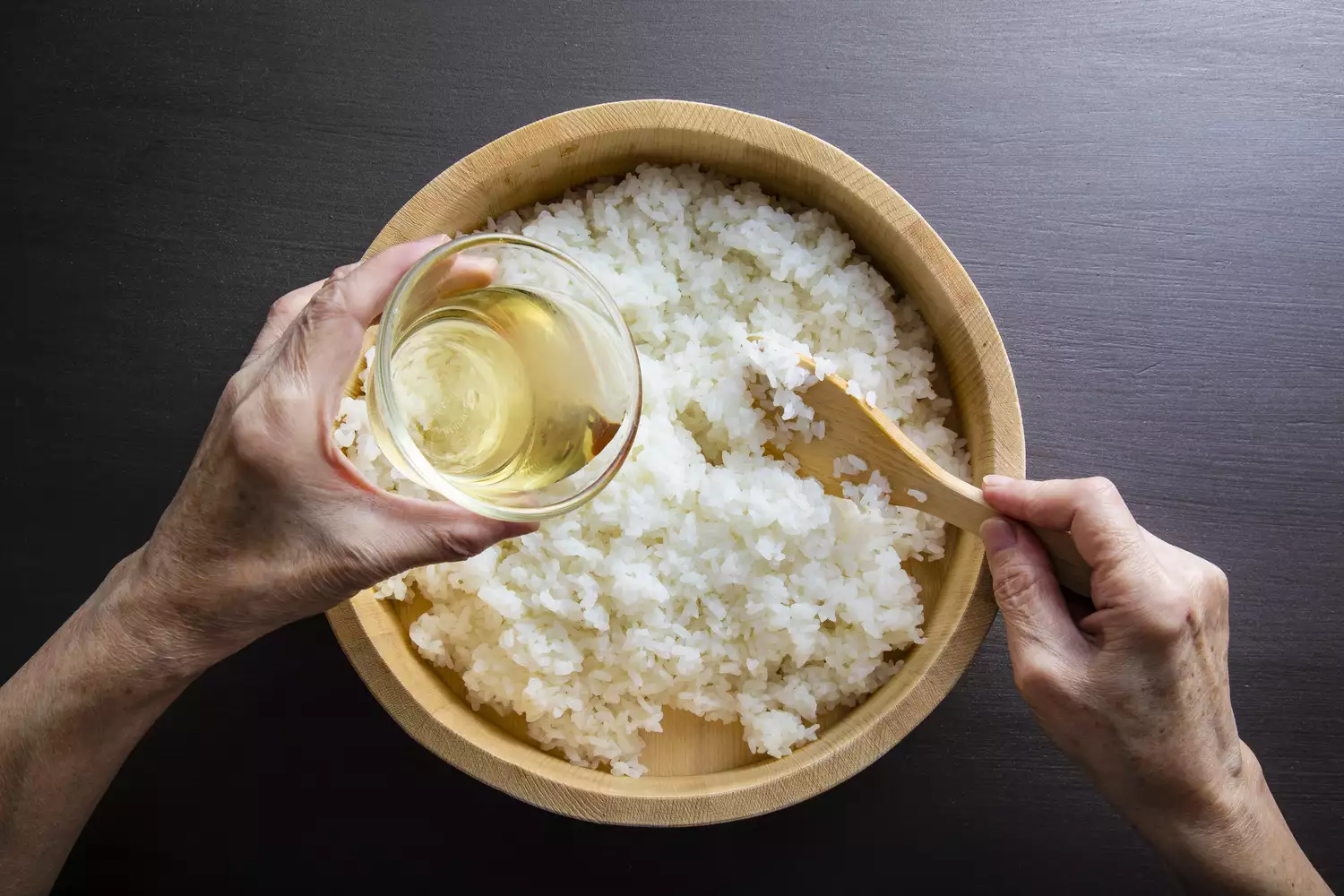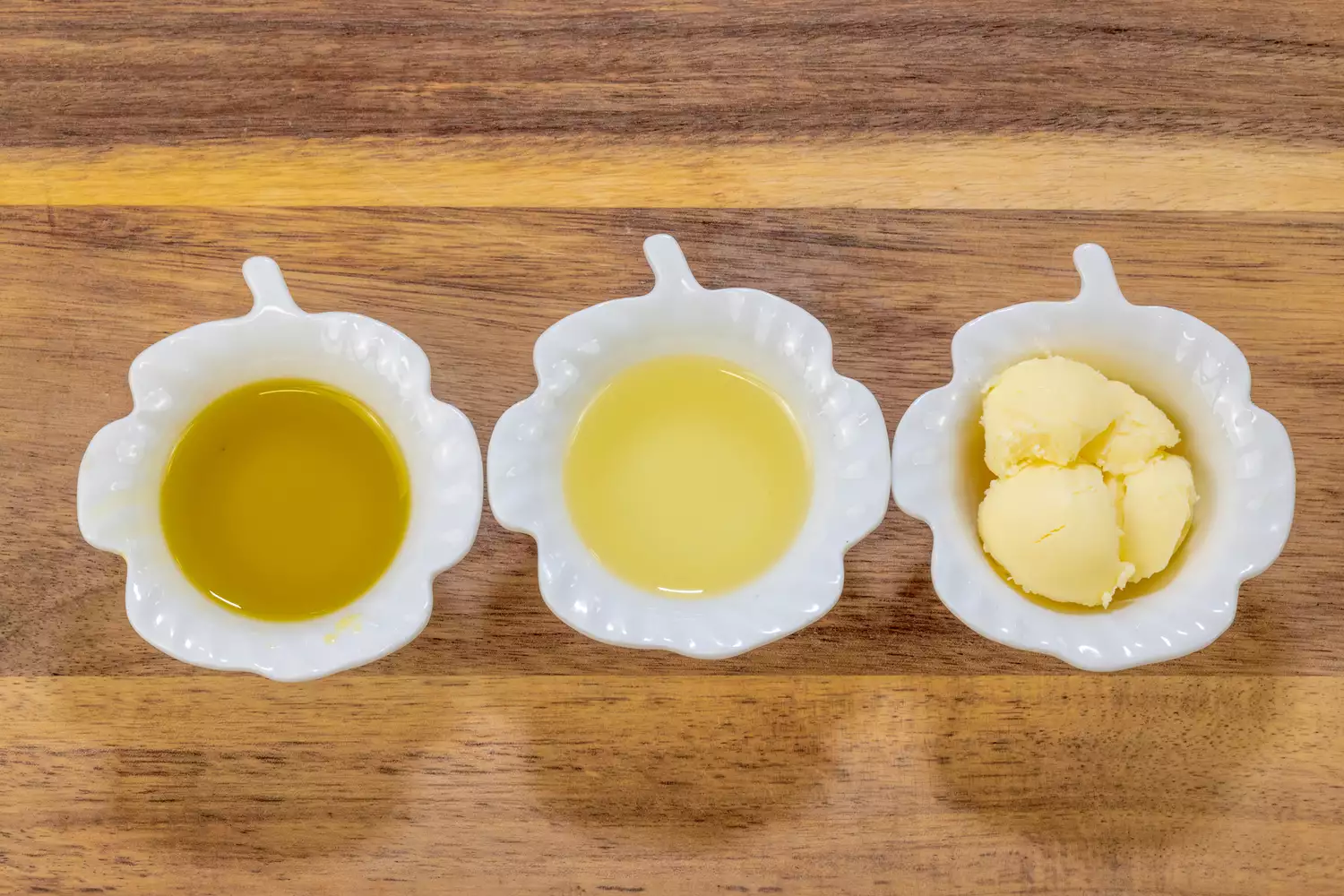
Vinegar is a typically misunderstood ingredient. Some individuals delight in drinking vinegar.
There are various kinds of vinegar, and each shines in a various way. Rice vinegar, made from fermented rice, is distinct because it has a moderate and a little sweet taste, which is in plain contrast to the bitterness you would anticipate.
Rice vinegar can also be utilized in sauces, marinades, and salad dressings, so its applications are comparable to other types of vinegar. If you do not have rice vinegar on hand or prefer a different type of vinegar, try these alternatives.
Why Use an Alternative
Rice vinegar is not as common as routine distilled vinegar, so you may have a tough time discovering it. It is brought in many grocery stores in the global foods section or near the salad dressings and other dressings. You can likewise discover it in specialty Asian food markets.
If you do not cook with rice vinegar often, you might not want to include yet another food item to your kitchen. In that case, replacing rice vinegar with an active ingredient you use regularly can be a space-saving choice.
For those who enjoy the sour taste of vinegar, you may find rice vinegar too moderate or too sweet. Another kind of vinegar can include more of a tart punch to recipes if that is what you prefer.
We have all began a dish only to understand we do not have all the ingredients. If you remain in the middle of making sushi, salad dressing, or another dish that calls for rice vinegar– an active ingredient you may not keep on hand– you may find luck substituting it for an alternative.
Rice Vinegar Nutrition
This nutrition details for a 15 milliliter serving of rice vinegar is supplied by the USDA.1.
Calories: 0.
Fat: 0g.
Sodium: 0mg.
Carbohydrates: 0g.
Protein: 0g.
The nutritional value of rice vinegar might differ depending on the producer considering that they may be made with various ingredients. Nevertheless, a lot of rice vinegar is made with comparable active ingredients. Because rice vinegar is consumed in small amounts, the nutrition facts of numerous brand names are unlikely to vary considerably.
Rice Vinegar Substitutes.
Other types of vinegar make for suitable rice vinegar replaces given that they have a similar color, consistency, and flavor profile. Other alternatives for rice vinegar include juices from lemons or limes.
White wine vinegar.
Apple cider vinegar.
Lemon juice.
White Wine Vinegar.
All vinegar is fermented, so they are similar in that method. Rice vinegar is made from fermented rice and white wine vinegar is made with fermented gewurztraminer.
White wine vinegar has a slightly fruity taste, which resembles the slightly sweet taste of rice vinegar. They are also comparable in color. When it comes to taste, white wine vinegar might be the very best alternative to rice vinegar.
Because white wine vinegar and rice vinegar are both liquids with comparable profiles, they can be utilized interchangeably at a one-to-one ratio in cooking. Like rice vinegar, white wine vinegar can be a calorie-, fat-, and carb-free choice. Both are consumed in small quantities and are for that reason not a considerable source of nutrients.
Apple Cider Vinegar.
Of the numerous types of vinegar, apple cider vinegar is a popular one. It is frequently promoted as having actually health benefits associated with food digestion and metabolism. While rice vinegar is the fermented item of rice, apple cider vinegar gets its fruity taste from fermented apples.
The 2 share a sweet taste profile. While numerous sort of vinegar are clear in color, rice vinegar and apple cider vinegar are different colors. Rice vinegar has a yellow tinge and apple cider vinegar is more cloudy and on the orange side.
Like rice vinegar, apple cider vinegar is low in or devoid of calories, fat, carbohydrates, and protein. Apple cider vinegar is a source of the micronutrient potassium.3 Apple cider vinegar can be substituted for rice vinegar in equal amounts.Lemon Juice.
Because rice vinegar can have a sour taste, it is no surprise that lemon juice can be utilized as an alternative. Lemon juice has a little more calories and carbs, however it likewise uses more vitamins.4.
When it comes to flavor, lemon juice replaces the acidity and sourness of rice vinegar. It does not have the sweetness and fermented element.
Lemon juice makes an ideal alternative to rice vinegar in recipes like salad dressings and marinades however may not work too in recipes for sushi. Usage lemon or lime juice at a one-to-one ratio, but use your best judgment given that the taste varies a little.



